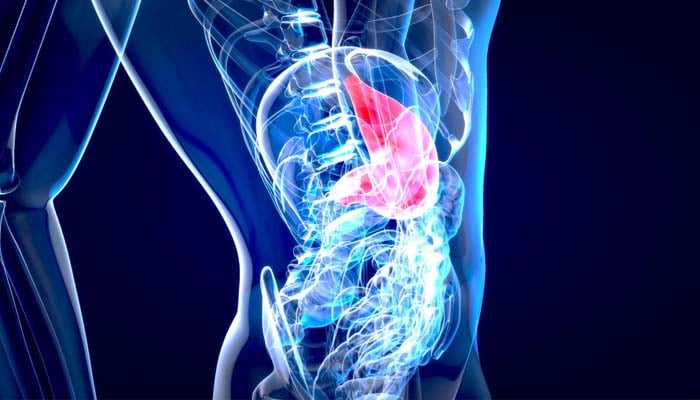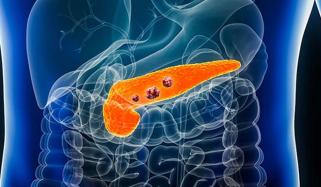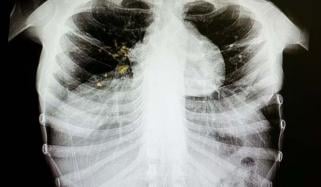
A recent study revealed artificial intelligence may enhance the number of usable donor livers by predicting how soon a patient will die after getting removed from life support.
According to a new study in The Lancet Digital Health, for liver donation following circulatory death, surgeons require that donors pass away within 30 to 45 minutes; otherwise, the liver’s activity slows down.
However, about half of potential donations are canceled due to a longer duration for donor survival.
Scientists discovered that a trained AI-powered model minimized futile organ procurement by 60% by predicting a donor’s time of death with more precision than surgeons.
Dr. Kazunari Sasaki of Stanford Medicine said the technology could make the transplant process more efficient and help more patients receive a liver.
End-stage liver disease can be efficiently treated with transplantation, and many donor livers come from patients on life support after heart issues.
But when death takes too long, fluctuating blood flow can damage the liver. Surgeons currently depend on vital signs, labs, neurologic data, and clinical judgment, but accuracy remains limited.
The cutting-edge AI-powered model was trained on data from over 1,600 donors and considers factors such as age, gender, weight, vital signs, blood work, heart health, neurological assessments, and ventilator settings.
Tested on 600 donors, the AI predicted time of death correctly 75% of the time, in contrast to surgeons’ 65%.
Missed opportunities were similar at 15%, though improved algorithms may minimise that to 10%. Researchers are now exploring applications for heart and lung donations.












